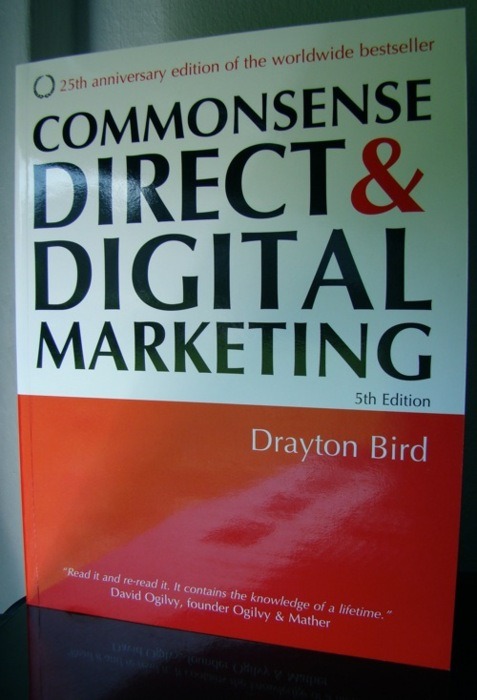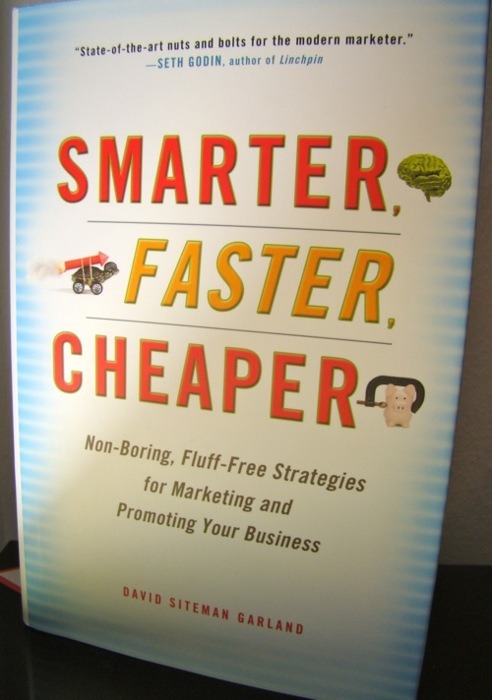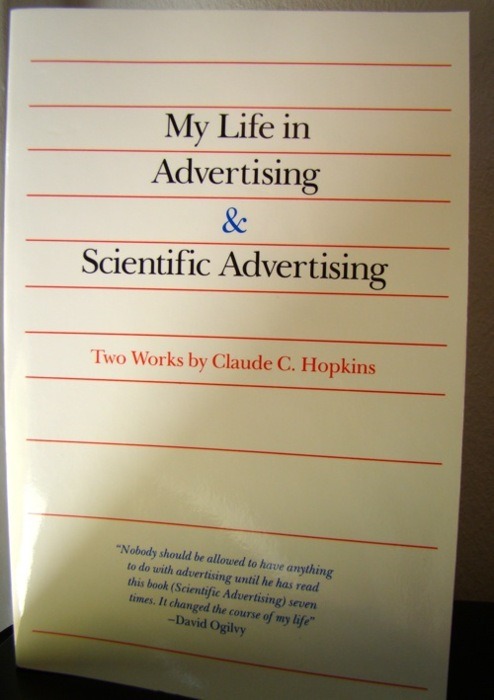
What is it about?
What is direct marketing? A adequate description is salesmanship-in-print. Drayton Bird is one of the best salesman-in-print and he shows you how to find appropriate prospects, how to write your copy and how to test your results.
What can I learn?
Sell your product, not your designing skills: One of the biggest mistakes in direct marketing is trying to show off your design skills. Why? You should ask yourself: What is the purpose of marketing? Your answer should be generating sales. It isn’t about showing off your creativity, it isn’t about being über clever. It’s simply about generating sales. Tests showed that simple and honest ads sold better than clever ones.
Long copy works: Today, we want everything fast, we don’t take the time to read something, etc. However, people still read long copy, if they are interested. Which leads to the question? Should you care about the people who don’t even consider trying your product? Not at the cost of your future customers. Bird says that marketeers often don’t understand that $100 sales and $30 costs are better than $140 sales and $90 costs. If you are interested in a product/service, you want to read about it. You want to know more about it. Long copy supplies exactly that. It helps your prospect to learn more about your product, to face their fears and to build trust.
Test and go with the winner: If you do online marketing, testing is pretty easy and you should use it. A simple change of the headline can increase your profit threefold. A other call to action may increase your conversion rate about 50%. You can’t guess these things, you have to test them. Every situation is different and there is always a way to improve your ad. However, sometimes decision makers think that you can’t use this headline, although it triples your profit. Or that the ad doesn’t look great, although it works better than the alternatives. Don’t be fooled by your world-view. Test everything and go with the winner.
Conclusion
Commonsense Direct & Digital Marketing is massive. It’s about 420 pages long, covers lots of details of great direct marketing and is written by a real leader in this field. I love how clear Drayton Bird explains the fundamentals and empathizes that the key is in testing and understanding the customer and not in being overly creative. If you want to sell your product/service online, by mail or somehow, you should read this book. Recommendation!




